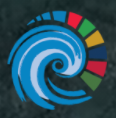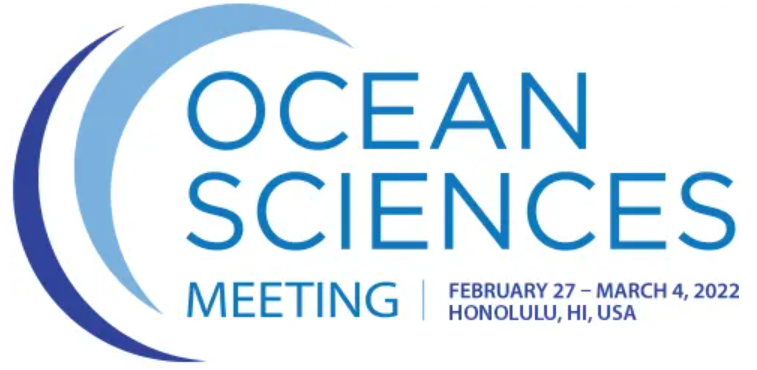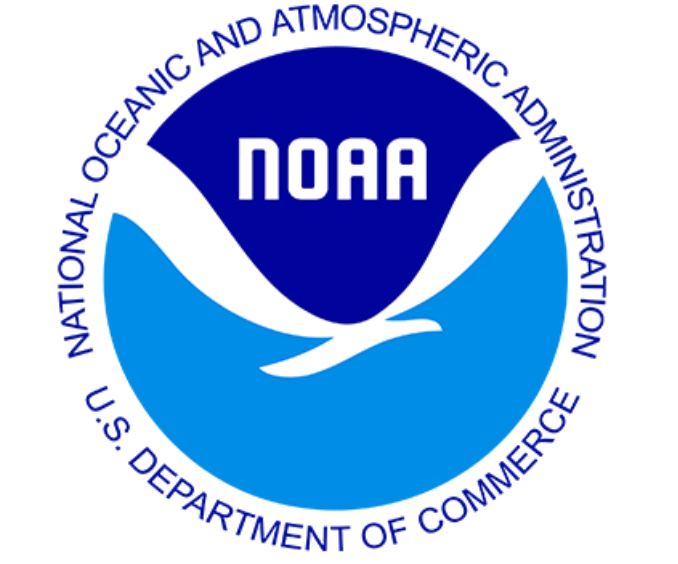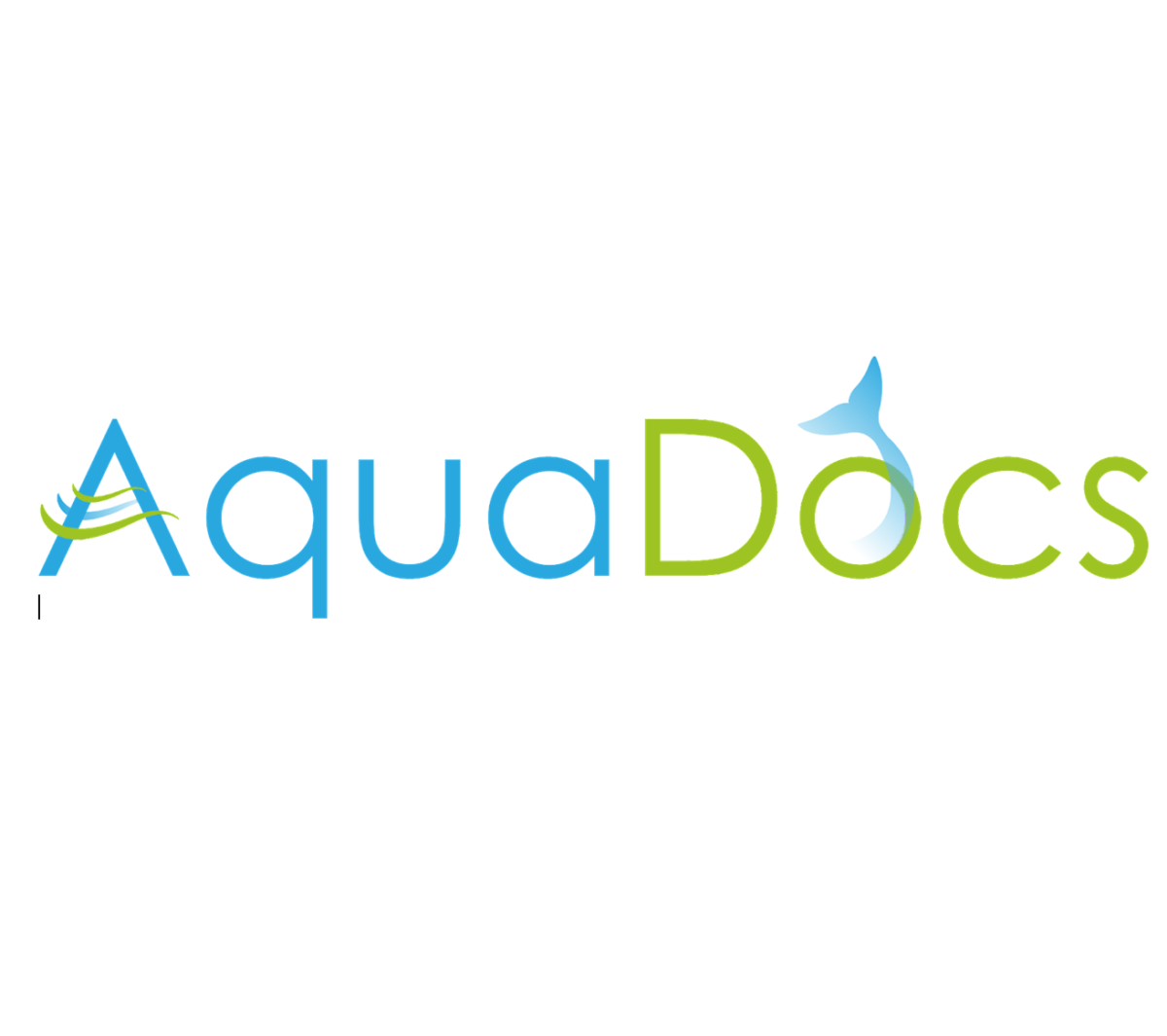This week there are many side activities (called satellite activities, but do not necessarily have to do with satellites – although some do!) for the UN Ocean Decade Laboratory: A Predicted Ocean. You can find out more here:
GEOAquaWatch especially recommends you check out one of the sessions below for the Co-designing integrated ocean observing and prediction capabilities: CoastPredict, Ocean Observing Co-Design and ForeSea in the Ocean Decade
Session 1 | September 16th, 12 – 2 pm CEST
Session 2 | September 17th, 12 – 2 am CEST
We run two equal sessions to accommodate different time zones
This event provides an opportunity to learn more about and interact with the UN Ocean Decade of Science for Sustainable Development Programmes Ocean Observing Co-Design, CoastPredict, and ForeSea. These key GOOS and OceanPredict Programmes are endorsed by the UN Ocean Decade, and are now actively working on the next steps towards co-design. This Webinar will deliver the latest information on these developments, how the programmes will interlink, and how this will support a Predicted Ocean within the Ocean Decade. These three Programmes represent a cornerstone of collaborative action for the Decade from ocean observing and modelling communities. The programmes aim to significantly improve the current ocean observing infrastructure, ensure the co-design of ocean observing, modelling, and services for science and societal needs, with the inclusion of stakeholders in these co-design processes. Follow links above to read more about the individual programmes and join the Webinar to understand how they will interact to achieve a Predicted Ocean, and how you can support, collaborate, and interact with these key initiatives.
The agenda and further details can be found on the OceanPredict website:





